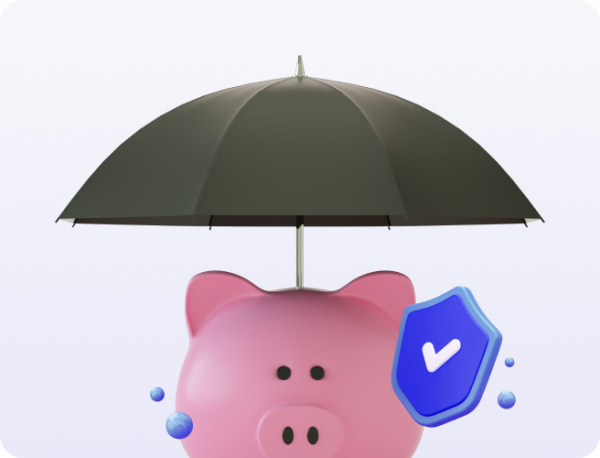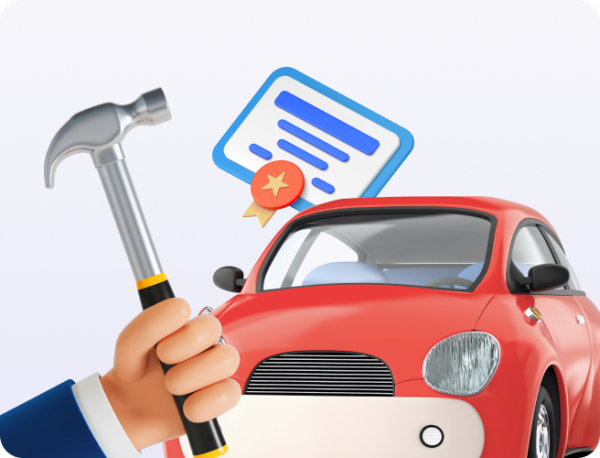Sep 07th, 2023
Buying a new car? Making the best choice between a car and a personal loan for you
.png)
What’s the difference between a car loan and a personal loan?
A key difference between the two is unsecured vs secured loans. When taking out a car loan, the only option is a secured loan which is taken out against an asset, the car. A personal loan can be used to consolidate debt, pay off medical bills, student loans, home repairs, wedding costs, etc.
An unsecured loan, which is only available in personal loans, is not taken out against an asset. Unsecured loans often lead to higher interest rates as they are considered a risk for the lender. The terms or requirements of an unsecured loan also tend to be a lot more stringent – they’ll be looking at your credit rating and a flawless application.
As we’ve just said, your credit rating will have a significant role to play in terms of the loan you’ll be able to apply for. If you are going for an unsecured personal loan and your credit rating is not the best. Your credit rating will also affect your borrowing capacity and interest rate (variable or fixed). The higher your credit score, the more borrowing capacity you’ll have and the lower interest rates you’ll be offered.
Not necessarily. If an unsecured personal loan isn’t within reach, it’s time to look at the pros and cons of secured personal vs car loans.
Personal loan pros
A better option if you’re considering a second hand or vintage car. There is a little more flexibility here when it comes to car choice.
Personal loan cons
- You’ll need to save more before getting your car. Personal loans only tend to give out small amounts of cash, meaning you’ll have to put forward more of your money upfront. They typically sit in the $10,000-$50,000 bracket.
- Interest rates tend to be higher. In general, you’ll see that personal loans have a high-interest rate. Of course, this does come down to your credit history, but it’s something to be wary of before committing to the loan.
Car loan pros
- Higher maximum loan amounts. With car loans, you can expect to take out more money covering most if not all of the car costs. Typically this limit will be up to $100,000.
- Lower interest rates. As the loan is secured with the car as an asset, you’ll see that interest rates tend to be lower. Again, this will depend on your credit score and loan term. So, be sure to get an accurate estimation of the overall cost before signing anything.
Car loan cons
There are some restrictions on the model or age of the car. These restrictions typically stipulate an age limit that the vehicle can be by the end of the loan term. For example, it might be 10 years, so if you’re buying a 3-year-old car, you would only have a maximum of 7 years to pay it back. Therefore a car loan wouldn’t be beneficial for those looking to invest in vintage or older cars.
Choosing the right loan for you
To help you run through the process of picking the best loan for you, we’ve created a checklist of items to consider below. This checklist will help you accurately consider what type of loan and provider will give you the best deal over time.
- Are you looking to buy a car less than 10 years old or a vintage model?
- What’s your credit rating like?
- Assess your financial situation – how much can you pay back monthly?
- What loan term fits with your finances?
- How much in the car you’re looking to purchase?
- How much money will you need upfront?
- Assess interest rates based on your credit rating and loan term.
We hope this blog has helped you pick the best loan option to help finance your new car! If you’re looking for more personalised guidance, get in touch with one of our loan advisers for more helpful financial info.
Contact Rostron Finance on 1300 70 70 39!














